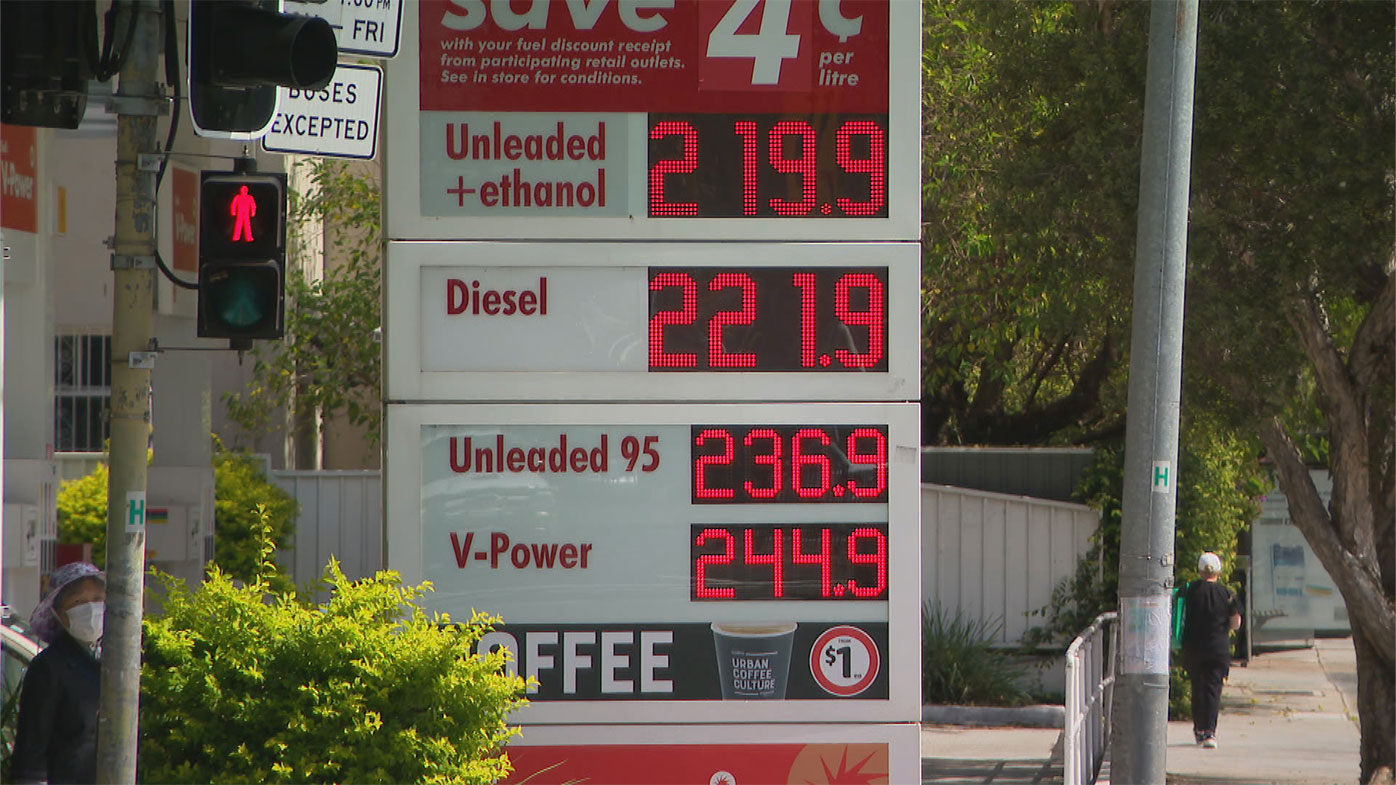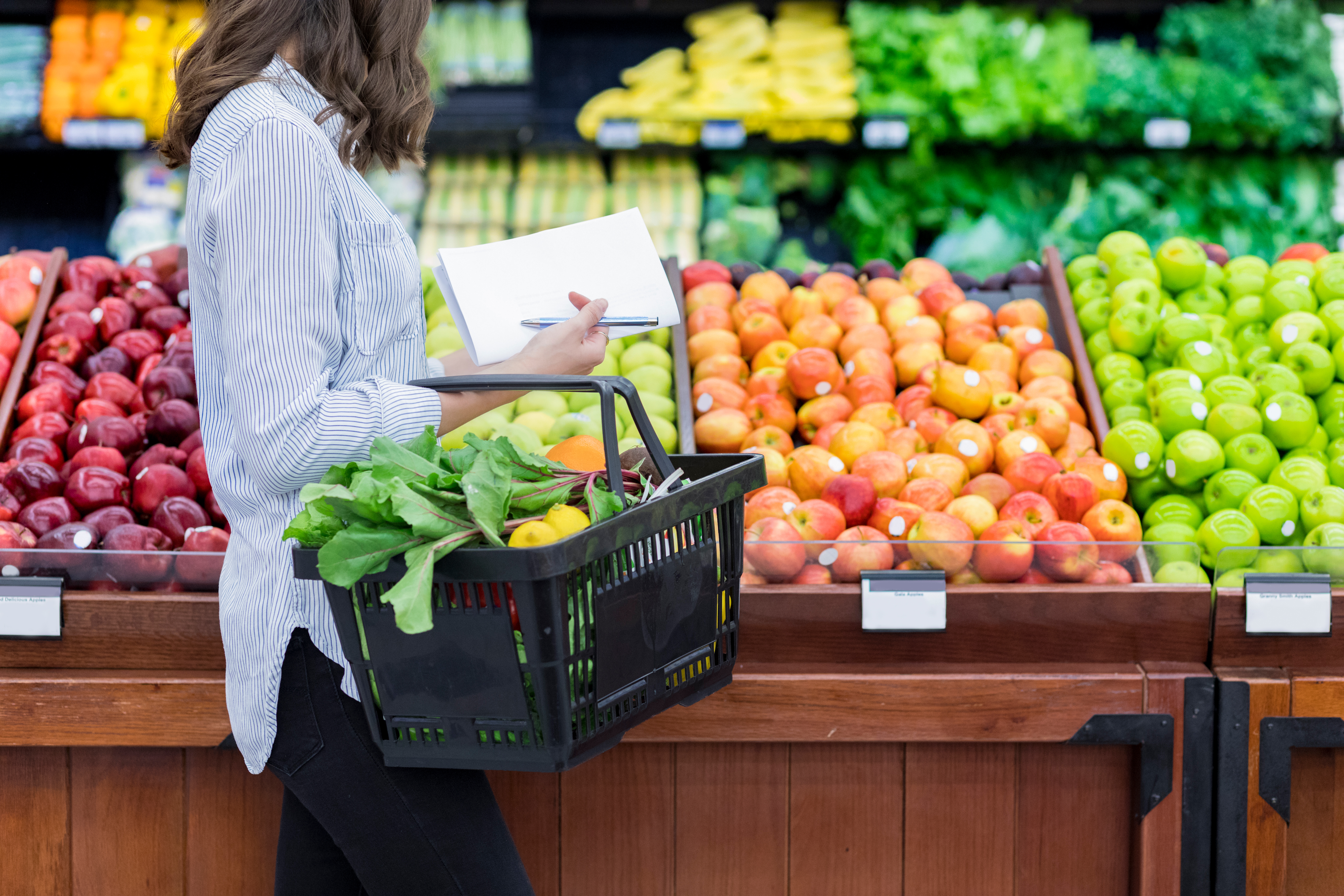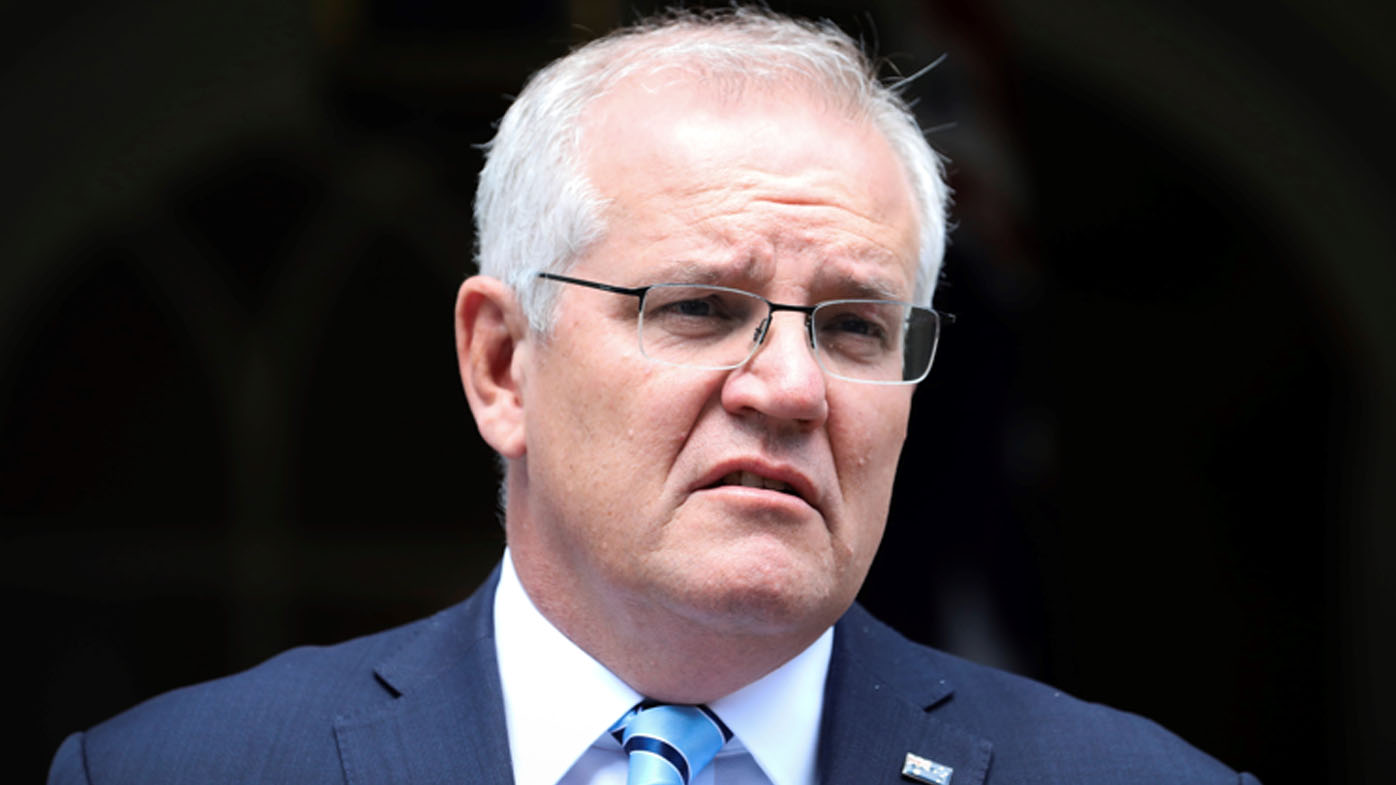Australia's cost of living has risen substantially since the start of Russia's war on Ukraine but now experts say we're in for yet another price hike.
The federal budget next week is set to ease some of the costs Australians are facing.
Some of the daily living costs for millions of Australians have blown out over the past year.
READ MORE: Ukraine says 300 died in theatre attack as hunger grips cities
Petrol prices have skyrocketed since the start of the conflict, with the cost at the bowser up by 55 per cent.
House rent has risen by nearly 9.5 per cent adding to the cost for Australians who have crossed out the dream of owning a home due to the surging house prices.
Childcare costs are up by 6.5 per cent.
The cost of baby products has also risen by 5.2 per cent.
Australians' total grocery shop is getting higher too with fresh fruit and vegetables rising more than 5 per cent.
READ MORE: Sixth severe coral bleaching event confirmed in the Great Barrier Reef
Not only have food prices been impacted by the conflict in Ukraine, the recent devastating floods in New South Wales and Queensland have also impacted the supply and therefore the price of fruit and vegetables.
Experts say prices will go up again before they drop.
There have been hints by the federal government that these rising costs will be addressed in the federal budget next week.
READ MORE: Pre-flight COVID-19 tests to be scrapped, Greg Hunt announces
The prime minister said last week the federal government is "very aware" of the strain on household budgets due to the rise of the cost of living.
"These cost of living impacts are real, and the Australian government understands that," Scott Morrison said.
The Treasurer has made it clear we're likely to see more tax offset lump sum payments, an increase in childcare subsidies and potentially even a lowering of the fuel excise, currently set at 44.2 cents per litre.
According to the Australian Bureau of Statistics, the annual consumer price index rose 3.5 per cent over the December quarter.
Source: 9News





